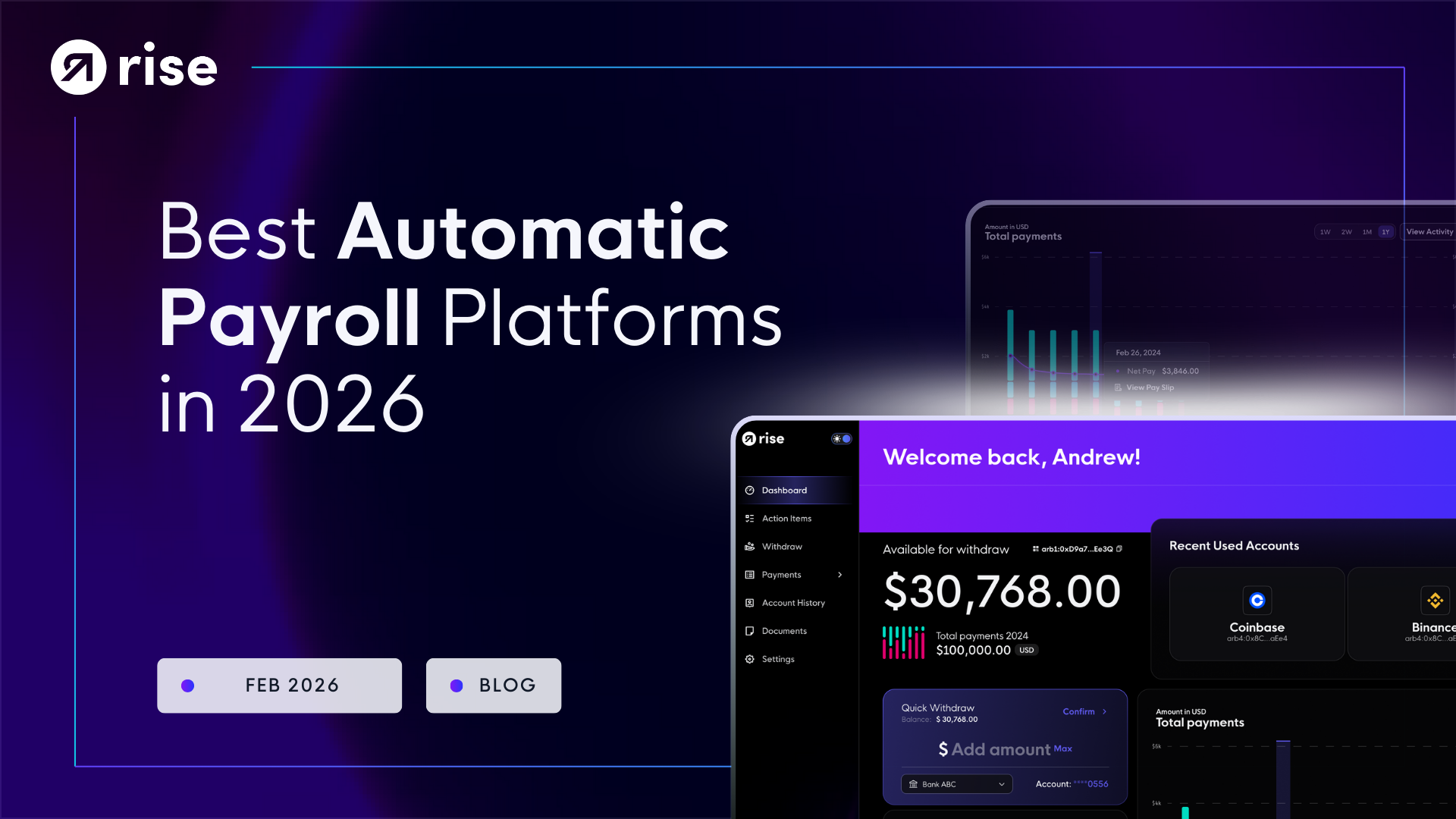The unprecedented increase in freelance labor and the universal acceptance of remote work have redefined the global hiring market. For companies that want to remain competitive and embrace the future of work, tapping into this highly-adaptable talent pool is a critical first step.
What is an Independent Contractor?
An independent contractor is a self-employed individual or entity who provides a service to a client or a company under a contractual agreement. The role of an independent contractor can range from IT tasks to graphic design to writing, and can even encompass physical labor such as construction jobs.
The unifying elements that connect all independent contractors, regardless of the task they are performing, are their worker classification and their drafted written agreements that clearly outline performance expectations.
Unlike traditional employees, contractors maintain greater control over their work methods, schedules and business operations. Their increased freedom comes with additional responsibilities; they are responsible for their own taxes, insurance and business-related expenses.
What are the Advantages of Hiring Contract Workers?
With global markets evolving at breakneck speed, independent contractors represent a key facet of agility for enterprises poised to embrace the future of work.
This is especially visible in the aftermath of the COVID-19 pandemic and the ubiquitous changes that it has brought to the hiring landscape. In a research study conducted by Mckinsey, it was discovered that in 2023, there is four to five times more remote work than there was in pre-pandemic times.
What this means for companies is that without the restrictions of a physical office, hiring practices can take on levels of expansiveness and flexibility that have not previously been experienced.
The role of independent contractors in facilitating this transition is pivotal: from operating internationally and typically fully-remotely to working on an ad hoc basis, one of the primary benefits that freelancers provide to their employers is heightened flexibility.
Through harnessing their specialized skills, organizations can employ contractors for specific projects, thus unlocking the ability to seamlessly scale up and down as needed.
Without committing to long-term employment contracts, a wide range of skills are able to be accessed with none of the overhead of a full-time employee. While the costs associated with hiring an employee are often up to four times more than salary alone, with a freelancer, companies are only responsible for their hourly rate.
How to Hire an Independent Contractor
The first step in beginning a working relationship with an independent contractor is finding the talent that fits best with your organization's needs. The recent surge in workers leaving full-time employment in lieu of contract-based work makes this search easier than ever before; as of 2022, in the United States alone there were a reported 60 million freelance workers.
Working with contractors expands hiring options through bypassing many of the complicated labor laws that make hiring teams of full-time employees on a global scale unfeasible. Once talent, regardless of international borders, has been identified and contacted, it's time to begin the onboarding process.
Formalize Work Agreements
One of the most important elements of the contractor employer relationship is a well-drafted work agreement. These should include a Professional Service Agreement and a Statement of Work.
By clearly outlining the project scope including tasks, milestones and expected outcomes, a clear and comprehensive understanding of the working relationship is established from the start.
Run Compliance Checks
When working with independent contractors it is crucial to verify identity and ensure compliance with legal regulations. While one of the primary benefits of hiring contractors is the ability to work with dispersed international teams, this brings with it a heightened need for expertise in compliant onboarding and payroll on a local and global scale.
KYC (Know-Your-customer) checks involve a process of verifying contractor identity and background. Through the collection and authentication of essential documents such as government-issued IDs, addresses, and tax information, KYC checks establish a contractor’s legitimacy and ensure that they can be legally hired and paid.
Finalize Tax and Payment Information
Once KYC checks have been completed, organize the relevant tax documents as they relate to the contractor’s employment status and country of residence. Establish a payment structure that works with both the business and contractor’s needs (e.g. per project, hourly, weekly) and onboard the contractor with a payment method that can ensure instant, borderless payouts.
Paying Independent Contractors with Rise
Rise is an all-in-one payroll and compliance solution that streamlines compensation for independent contractors and employees worldwide. Rise runs KYC checks to verify contractor identity and compliance, automates professional service agreements, and handles global tax forms.
In addition to the compliance layer, Rise provides traditional companies and web3-native organizations alike with a scalable and flexible solution for paying global contractors in crypto. Through Rise, an expanded range of treasuries are supported, including crypto held in digital wallets and fiat held in traditional bank accounts.
Rise’s dual payment infrastructure enables seamless routing between fiat and crypto. Organizations can fund payroll in the currency of their treasury while contractors can withdraw payouts in their preferred currency, from a selection of 100 cryptos and 90 fiat currencies.
Schedule a demo today to learn how Rise’s payroll and compliance solution unlocks frictionless hiring of global contractors.




















